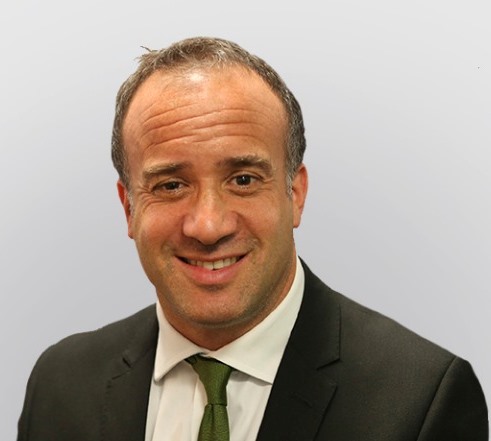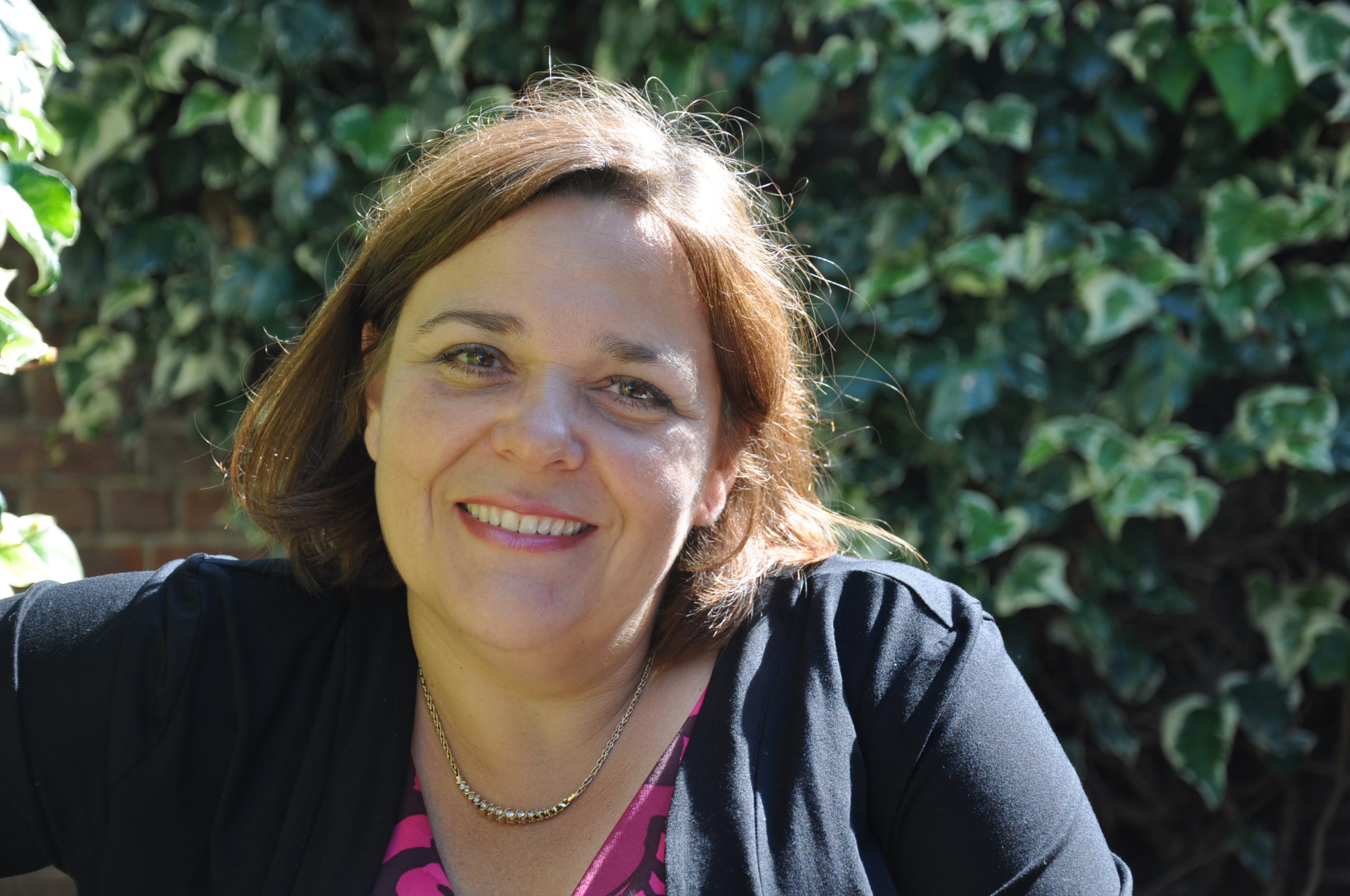We congratulate our two confirmed 2020 Research Award winners.
- Dr Miles Levy from Leicester will be continuing his research project, funded by AMEND in 2019
- Professor Rebecca Oakey from King’s College in London begins a new project into PPGL syndromes.
Below are the lay summaries of their research proposals and we look forward to hearing how they get on in around 12 months’ time (although this has to be flexible due to coronavirus).
Dr Miles Levy (Leicester) – 2020 Nick Fayers Award for MEN1 Research
Lead researcher, Dr Miles Levy from the University Hospitals of Leicester NHS Trust is a Consultant Endocrinologist and an Honorary Associate Professor in Endocrinology and Genomic Medicine for the University of Leicester. Dr Levy receives £9,995.66 from the 2020 Nick Fayers Fund for MEN1 Research to continue his 2019 AMEND-funded project,Circulating cell-free tumour derived DNA as a biomarker in endocrine tumours: neuroendocrine neoplasms and MEN
We are investigating circulating cell-free tumour derived DNA (ctDNA) as a novel biomarker in the monitoring of neuroendocrine neoplasms (NENs). From the 2019 AMEND Nick Fayers Award, 37 patients have been recruited to our study and we have detected over 3,000 tumour-specific somatic mutations, including 13 potential driver mutations, in 10 patients through whole exome sequencing (WES). The next steps involve using these data to design individualised ctDNA panel assays to detect and monitor ctDNA over time, determine if ctDNA is a more effective way of monitoring patients with NENs than currently available methods and to extend this research to patients with MEN.
Neuroendocrine neoplasms (NENs), also known as neuroendocrine tumours, are rare and account for only ~0.5% of all new cancers. People with MEN usually have an inherited gene mutation and this genetic change is thought to be the cause of their NENs. However the majority of people with NENs do not have an inherited genetic mutation. Instead, it is thought that mutations in DNA, which accumulate over time after birth and occur just within the tumour, cause or contribute towards the development of their cancer.Once the tumour has formed, cells from within it naturally break down and DNA from these cells, which contains the mutations that have occurred specifically within the cancer, is released into the blood. This is called circulating cell-free tumour derived DNA (ctDNA). In other cancers, like breast, bowel and lung, techniques have been developed to detect ctDNA from a simple blood test that can be taken in a clinic setting. ctDNA has been shown to be useful as a biomarker of these cancers by being able to track growth and shrinkage, being able to pick up recurrence before being seen on scans and picking up small amounts of cancer left behind after curative treatment. For this reason ctDNA is known as a type of ‘liquid biopsy’.
The biomarkers currently used to monitor patients with NENs, such as chromogranins, have several limitations and there is a need to find better ones. We are therefore looking to see if ctDNA can be used as a biomarker in NENs, as this area has not received much research focus before.From 2019’s AMEND Nick Fayers Award, we have looked at the genetic make-up (using whole exome sequencing) of 10 tumours in patients without MEN. We have picked up over 3000 mutations which have occurred specifically within the tumours of these 10 patients including at least 13 different mutations in 4 patients which may be the led to the formation of their cancer.
The next step is to use these mutations as a target to look for ctDNA in these patients’ blood and track ctDNA levels over time using a cutting-edge, precision, patient specific method. We will then compare the changes in levels of their ctDNA over time against the current, best available monitoring methods (chromogranin levels and scans) to see if ctDNA can reliably act as a biomarker in NENs.
In addition, we wish to investigate why some people with MEN develop NENs and others do not, and see if ctDNA can also be picked up in patients with MEN. To do this, we will recruit up to 5 patients with MEN and NENs to see if these people have mutations within their NEN, in addition to their inherited MEN mutation. We will then see if we can detect these additional mutations in their blood as a way of looking for their ctDNA, similar to those without MEN.Professor Rebecca Oakey (London)
Professor Oakey is a Professor of Epigenetics, Dean for Doctoral Studies, and Training Lead for the Guy’s & St Thomas’s Biomedical Research Centre. Professor Oakey receives £9,000 for her project, Predicting metastatic potential in PPGL syndrome patients.Pheochromocytomas and paragangliomas (PCCs/PGLs) are rare neuroendocrine tumours found in the adrenal medulla and sympathetic/parasympathetic paraganglia. These tumours can have devastating health consequences and secrete hormones that lead to hypertension (high blood pressure), arrhythmia (irregular heart rhythm) and stroke. Genetic alterations predisposing patients to cancer have been associated with a third of these tumours, but there is no way to predict which will behave aggressively or become malignant and treatments for metastatic tumours are limited.
Our preliminary research to date has focused on comparing not only the genetic changes that differ between benign and malignant or non-aggressive and aggressive tumours, but also on the modifications to the DNA that control whether genes are turned on or off. This ‘epigenetic’ signature analysis has identified unique regions affected in malignant and aggressive tumours. This information can be used to help predict the course of disease in patients. In this project therefore we aim to recruit more patients to the study, increase the number of samples analysed to provide stronger evidence and identify drivers of aggressive tumour behaviour using specially designed analysis tools to predict whether tumours will metastasize or not and validate them. In the future, results from these studies may help to provide insight into targeted and improved treatments for aggressive PCC and PGL tumours.
-
 Dr Miles Levy
Dr Miles Levy -
 Professor Rebecca Oakey
Professor Rebecca Oakey